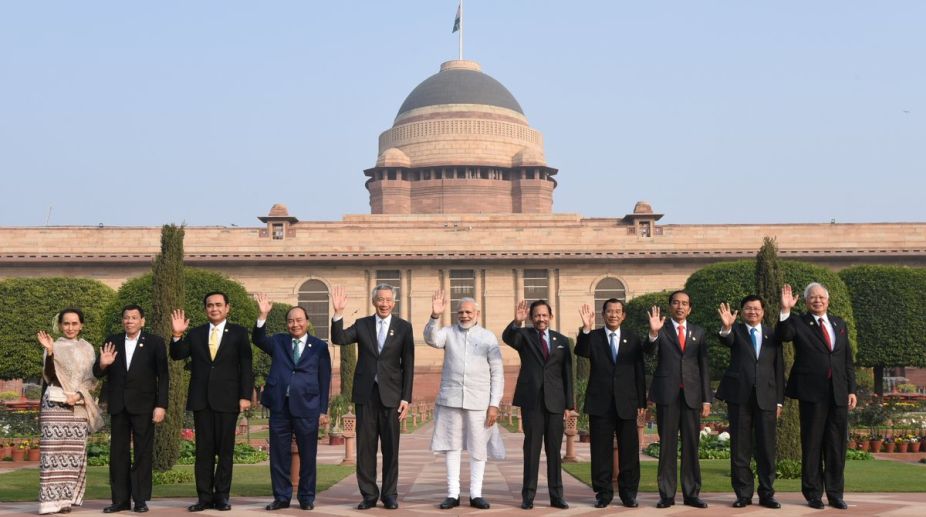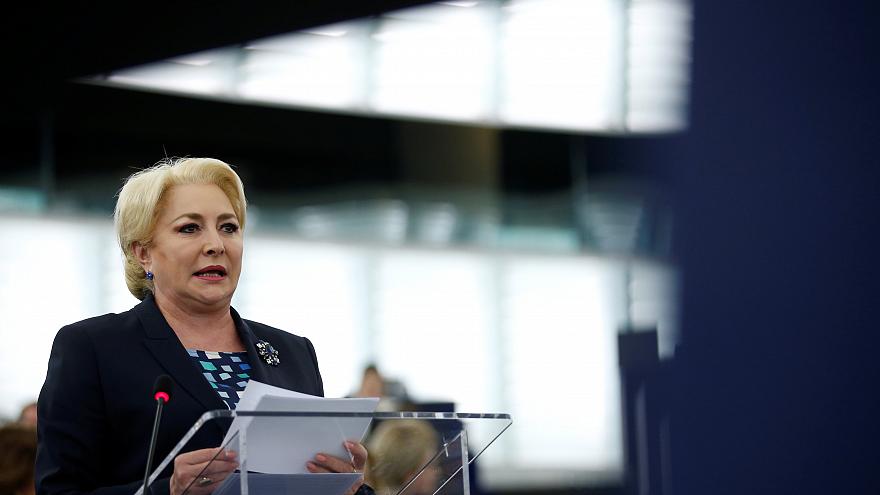S&P Global (5 February 2019)
London
Energy relations between Iraq and Iran are increasingly coming under pressure from the US government, which has forced OPEC's second largest producer to end a crude supply deal with its neighbor Iran.
The US granted a sanctions waiver to Iraq for electricity and natural gas imports from Iran, but this was not extended to its oil supply deal with the country's fellow OPEC member.
Iran's oil minister Bijan Zanganeh admitted Tuesday that its energy relations with Iran were being hampered by the US.
"We had a [crude] oil swap from Kirkuk. After the [US] sanctions, the Iraqis stopped that too," Zanganeh said during a press conference, according to a Shana news agency report. "Iraq owes us $2 billion for gas and electricity. [We would be thankful] if they would pay that back."
The US is pressuring Iraq to turn away from Iran by promoting US businesses in deals that will help Iraq wean itself off of Iranian gas and power supplies, according to industry and military sources.
US security forces have also been engaging with Kurdish and federal Iraqi security forces to boost security coordination efforts.
Zanganeh met his counterpart Thamir Ghadhban in Baghdad in January, but no progress was made on any possible agreements.
Zanganeh also bemoaned the lack of cooperation from Iraq, and was doubtful any progress would be made on the development of the Azadegan and Yadavaran fields, both of which lie on the two countries' border.
"There are many easy [projects] to do with them and I have proposed all of it to them during this recent trip," Zanganeh said "They didn't accept any of it."
A spokesman from Iraq's oil ministry was unavailable for comment Tuesday.
CRUDE SWAP DEAL
In 2018, Iraq and Iran agreed a crude supply swap deal.
Iraq agreed to truck around 30,000 b/d-60,000 b/d of oil from the northern Kirkuk fields to Iran's Kermanshah refinery.
In return, crude of equal value would move from Iran into southern Iraq's Basra province either by tanker or pipeline.
However, only sporadic amounts of Iraqi crude traveled by truck to Iran in the second half of the year.
Iraq then stopped trading crude with Iran prior to the November 5 snapback of American sanctions, which otherwise would have meant it had violated the sanctions.
In the past few days, Iraq and Jordan have reached a deal -- pending security -- to resume truck transportation of 10,000 b/d of oil to Jordan, further evidence Iraq is not looking to resume oil trading with Iran.
Iraq does not produce enough power itself or have enough feedstock for its existing power plants.
Imports from Iran account for nearly 30% of Iraq's 14,000 MW of daily electricity consumption.
Cutting that supply would be devastating for Iraq's economy and, considering the ferocity of summer power protests, would likely destabilize an already fragile political picture.
Around 1.25 Bcf/d of gas is imported by pipeline, feeding three power plants in Diyala and Baghdad provinces.
Another 350 Mcf/d is sent by pipeline to a power plant in Basra.
Iraq is also sourcing a total of 1,000 MW of electricity from Iran directly via transmission lines.
-- Eklavya Gupte with Aresu Eqbali and staff reports, [email protected]
-- Edited by Keiron Greenhalgh, [email protected]
https://www.spglobal.com/platts/en/market-insights/latest-news/oil/020519-iraq-iran-oil-ties-hampered-by-us-sanctions
No comments yet.
- THE SWISS AMBASSADOR ON SWISS-GEORGIAN RELATIONS The Caucasus and Turkish-Armenian Relations 06.02.2019
-
 BUCHAREST SEEKS TO BLOCK ROMANIAN CANDIDATE FROM EU PROSECUTOR'S JOB
The Balkans
06.02.2019
BUCHAREST SEEKS TO BLOCK ROMANIAN CANDIDATE FROM EU PROSECUTOR'S JOB
The Balkans
06.02.2019
- UZBEKISTAN'S TRADE WITH AZERBAIJAN INCREASES The Caucasus and Turkish-Armenian Relations 06.02.2019
-
 THAILAND FACES TOUGH JOB AS ASEAN CHAIR
Asia - Pacific
06.02.2019
THAILAND FACES TOUGH JOB AS ASEAN CHAIR
Asia - Pacific
06.02.2019
-
 WESTERN EUROPE HAS DOUBLE STANDARDS OVER CORRUPTION, SAYS ROMANIA'S PM
Europe - EU
06.02.2019
WESTERN EUROPE HAS DOUBLE STANDARDS OVER CORRUPTION, SAYS ROMANIA'S PM
Europe - EU
06.02.2019
-
25.01.2016
THE ARMENIAN QUESTION - BASIC KNOWLEDGE AND DOCUMENTATION -
12.06.2024
THE TRUTH WILL OUT -
27.03.2023
RADİKAL ERMENİ UNSURLARCA GERÇEKLEŞTİRİLEN MEZALİMLER VE VANDALİZM -
17.03.2023
PATRIOTISM PERVERTED -
23.02.2023
MEN ARE LIKE THAT -
03.02.2023
BAKÜ-TİFLİS-CEYHAN BORU HATTININ YAŞANAN TARİHİ -
16.12.2022
INTERNATIONAL SCHOLARS ON THE EVENTS OF 1915 -
07.12.2022
FAKE PHOTOS AND THE ARMENIAN PROPAGANDA -
07.12.2022
ERMENİ PROPAGANDASI VE SAHTE RESİMLER -
01.01.2022
A Letter From Japan - Strategically Mum: The Silence of the Armenians -
01.01.2022
Japonya'dan Bir Mektup - Stratejik Suskunluk: Ermenilerin Sessizliği -
03.06.2020
Anastas Mikoyan: Confessions of an Armenian Bolshevik -
08.04.2020
Sovyet Sonrası Ukrayna’da Devlet, Toplum ve Siyaset - Değişen Dinamikler, Dönüşen Kimlikler -
12.06.2018
Ermeni Sorunuyla İlgili İngiliz Belgeleri (1912-1923) - British Documents on Armenian Question (1912-1923) -
02.12.2016
Turkish-Russian Academics: A Historical Study on the Caucasus -
01.07.2016
Gürcistan'daki Müslüman Topluluklar: Azınlık Hakları, Kimlik, Siyaset -
10.03.2016
Armenian Diaspora: Diaspora, State and the Imagination of the Republic of Armenia -
24.01.2016
ERMENİ SORUNU - TEMEL BİLGİ VE BELGELER (2. BASKI)
-
AVİM Conference Hall 24.01.2023
CONFERENCE TITLED “HUNGARY’S PERSPECTIVES ON THE TURKIC WORLD"









